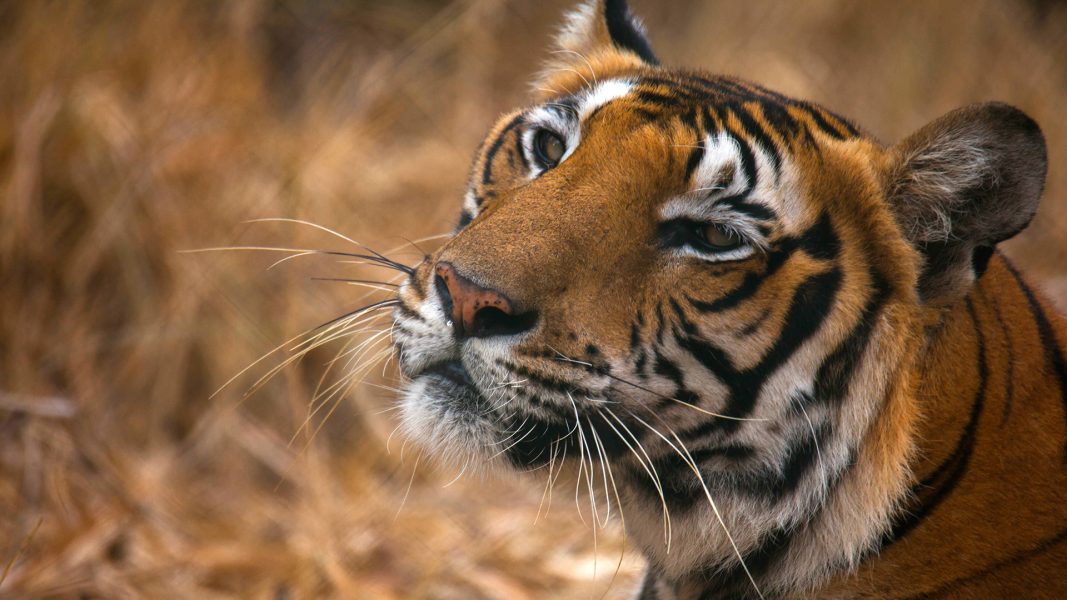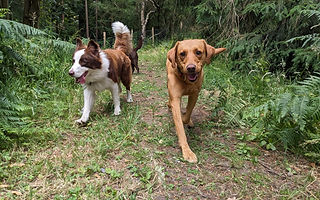Many people grow up wishing they could keep something exotic like a lion or a giraffe as a pet. But what happens when that childlike desire becomes a reality? Unfortunately, when you succumb to the allure of adopting a wild animal as a pet, you open yourself and that poor creature to nearly endless troubles.
Inherent Welfare Issues
The health and well-being of wild animals depend largely on the right environment and the right food. While humans in settings like wildlife preserves and some zoos replicate these elements well, they are nearly impossible for someone to replicate in their home. When you adopt an animal as a pet that needs miles of space, specific food, and a unique environment to thrive, you are dooming that animal to a diminished quality of life. You would not adopt a horse to live in an apartment, and that same logic should apply to adopting wild animals to live in even the most spacious domestic settings.
Risk to Human Safety
There are risks to human safety whenever you adopt an animal that is not truly domesticated. This even applies to animals that have been “tamed”, as their nature is nothing like that of truly domesticated animals like housecats or domestic dogs. While these risks should be apparent, they often are not until it is too late.
Some of these risks include:
- Injury resulting from attacks or uncontrolled aggression.
- Illness resulting from diseases carried by wild animals.
- Infection from bacteria present in the body systems or waste of these animals.
While an animal may have been trained, even from birth, to behave in a domestic manner, these risks are still present and should not be discounted or ignored.
Legal and Regulatory Challenges
Another factor of owning wild animals as pets that many people do not understand is the legal ramifications of doing so. Pet ownership is often tightly regulated by government agencies, especially if you own an animal outside the usual realm of what is considered “normal”. Many species are protected under specific laws that safeguard them from being kept as pets and outline strict rules for keeping them in zoos or other facilities. The average person cannot meet these regulations and may be subject to legal punishments as a result.
Ecological Disruption
When you adopt an animal that originally lived in a wild environment, you are taking that animal and its potential descendants out of that environment forever. This does more than just harm the animal itself and the humans who may interact with it – it harms the environment and the entire ecosystem the animal was originally a part of.
Biodiversity loss is a key factor in the degradation and destruction of numerous ecosystems worldwide. When enough members of one level of a food chain are removed, the entire system becomes imbalanced and eventually collapses. This can cause serious harm to the other animals in the system, the environment they once lived in, and even the humans that need those animals in direct and indirect ways to survive.
Ethical Considerations
When taken all together, all the concerns above come down to one thing: Do we as humans have the right to assert ourselves over other lifeforms, regardless of where they come from? Some might argue that we do. This is why our species has created wildlife attractions for so many centuries, wrestled with animals in arenas, and even wiped out entire species in our pursuit of human progress. But modern sensibilities tell us that we should be more focused on sharing the planet we call home with other species – and stop using them for our own amusement or companionship.
The Role of Public Education and Perception
The problem of wanting to adopt an animal outside the usual expectations for pets begins when some people are very young. The media creates false expectations about how these animals behave, as well as what they need to comfortably survive. These expectations may be further warped by visits to circuses, wildlife attractions, and petting zoos, all of which are arguably incapable of showing the real needs and behaviours of these animals. Enchanted children grow into adults who are confused about these animals but choose to purchase and own them anyway, which leads to the many problems we have already discussed.
Suggestions for Alternative Solutions
If you are searching for pets that are outside the usual “norm” for adoption, there are many alternatives to adopting a wild beast. You can talk to your local pet store owner about more exotic choices, many of which have been bred for generations in captivity and are fully domesticated. Examples include sugar gliders, many types of birds, and skunks. These are sure to scratch a similar itch to the one that owning a tiger or a zebra might.
Likewise, if you find yourself with a wild animal that you know you cannot feasibly provide for, there are alternatives to keeping it as a pet. Instead, you can contact your local wildlife preserve, animal sanctuary, or even your nearest zoo. These organizations are much better equipped to care for these animals and can give them the food, environment, and lifestyle they need to thrive.






